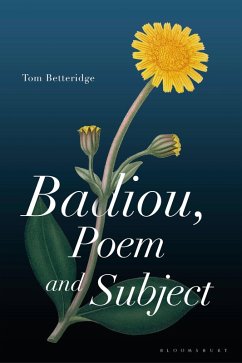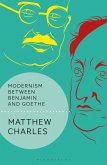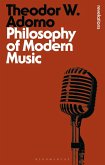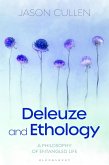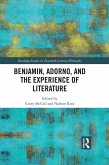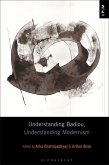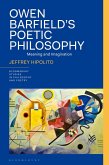Reinterpreting Badiou's philosophy in light of both his persistent, reverent invocations of the German-Jewish poet Paul Celan, and his long-term engagement with Samuel Beckett, Badiou, Poem and Subject fundamentally reassesses Badiou's radical departure from the legacy of Martin Heidegger, and his wholesale rejection of philosophies that would, in the wake of twentieth-century violence and beyond, proclaim their own end or completion. For Badiou, both writers, from the terminus of Literary Modernism, affirm novel conceptions of subjectivity capable of transcending the historical conditions of their presentation: Celan's collective and ephemeral subject of 'anabasis', and Beckett's disjunctive 'Two' of love.
Blending close textual analyses with critical reflections on Heidegger, Lacoue-Labarthe and Adorno, among others, Tom Betteridge argues that Badiou's innovative readings of both Celan's poetry and the 'latent poem' in Beckett's late prose are crucial to understanding his significance in the history of twentieth-century French philosophy and its German heritage, offering a significant contribution to a growing field of interest in Badiou's philosophical encounter with poetry, and its political ramifications.
Blending close textual analyses with critical reflections on Heidegger, Lacoue-Labarthe and Adorno, among others, Tom Betteridge argues that Badiou's innovative readings of both Celan's poetry and the 'latent poem' in Beckett's late prose are crucial to understanding his significance in the history of twentieth-century French philosophy and its German heritage, offering a significant contribution to a growing field of interest in Badiou's philosophical encounter with poetry, and its political ramifications.

